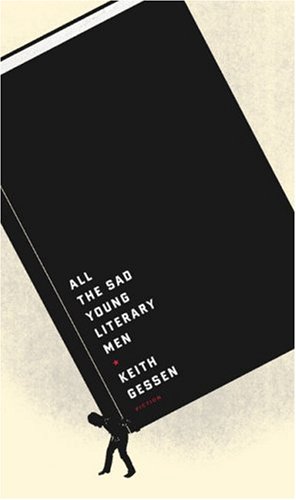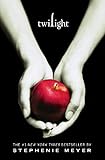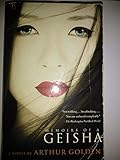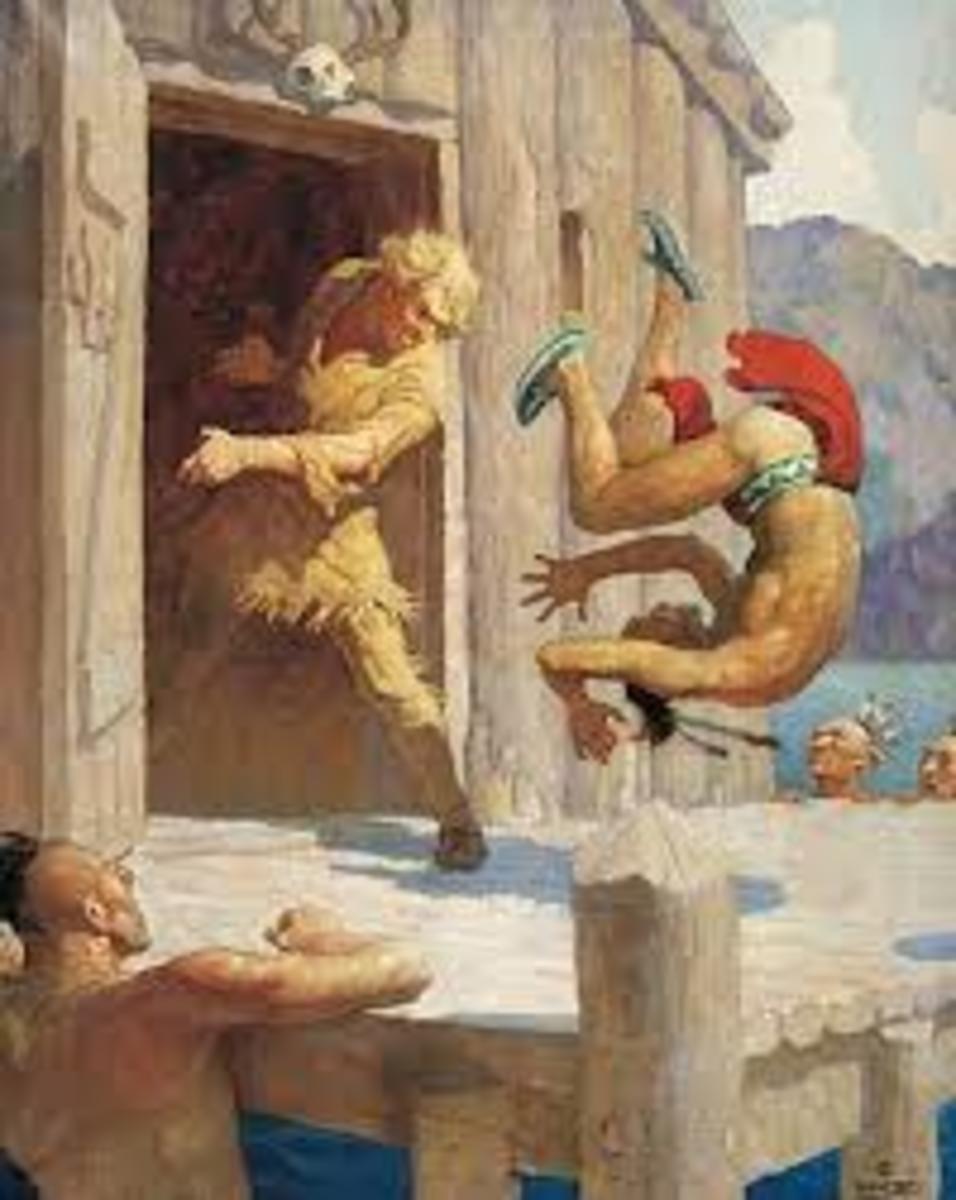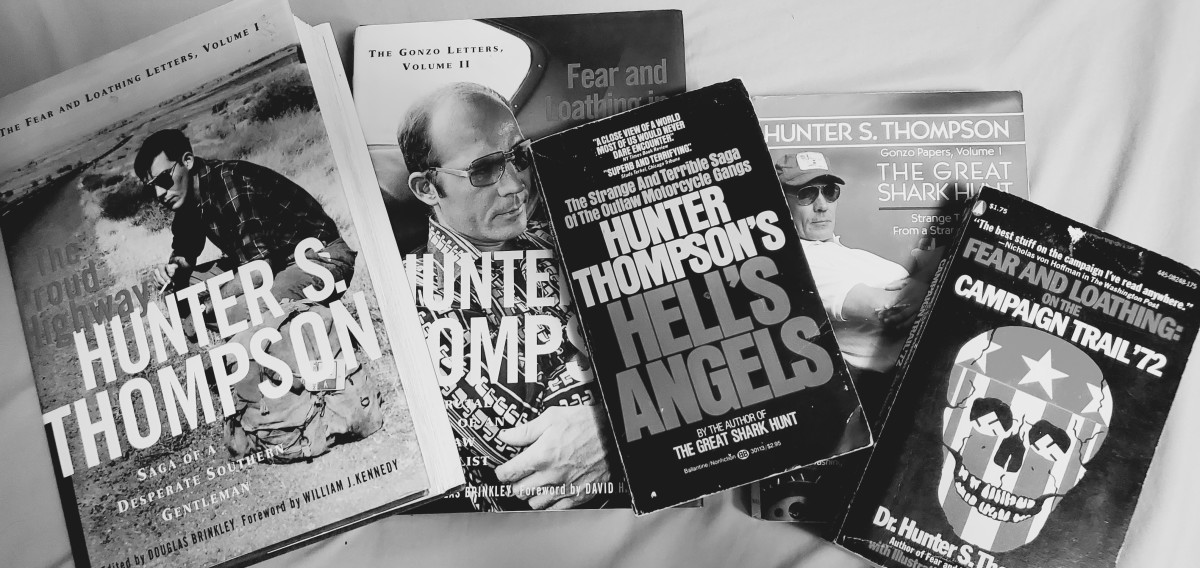Ghostwriting - My Top 10 Books I WISH They had Hired a Ghostwriter For!
- or - Possibly the Ten Worst Written books Ever?
Ten Books we Wish were Ghostwritten
Guessing from the title, you might think this was simply a list of the ten worst books we could come up with. To be clear, these aren’t simply bad books, some of them, in fact, aren’t bad at all. Rather, these are books that maybe had an interesting idea at the core, a great character or two, or a good story, and the only problem is with the writing. In other words, these are books where the author had inspiration, a funny idea, or a good story, but simply lacked the know-how, life experience, or plain old storyteller’s instinct to achieve what they wanted with their work, or maybe they put out a pretty good book, but one that would prove to be a bit of a chore to read through.
In no particular order.

Gump and Co., Winston Groom
Remember Forrest Gump? Now there was a touching movie. It had everything you could want. It was dramatic, funny, touching, romantic, and it served as a fascinating look at recent American history… The book was a bit different, a little more cynical, but overall, held many of the same morals as the movie.
Now, Winston Groom’s follow up came hot on the heels of the success of the movie… and it shows. Critics enjoyed the detail of Gump meeting Tom Hanks, and the idea that the movie, in the context of the book, had been an adaptation of his life story, rather than a fictional novel, but beyond that, the book simply reeked of a cash-in. Groom felt as if he had been stiffed on his end of royalties for the film, so perhaps he deserved to try and make the most of his suddenly high profile as a writer, but it’s probably safe to say that he could’ve simply hired a ghost writer and come up with something a little more original, and less a rehash of the original in hopes of squeezing a few extra bucks out of the blockbuster movie.
The Deerslayer, James Fenimore Cooper
It’s a well known fact that Cooper was Mark Twain’s least favourite author. Twain even wrote a detailed essay entitled “Fenimore Cooper’s Literary Offenses”. As Twain himself puts it “In one place in ‘Deerslayer’, and in the restricted space of two thirds of a page, Cooper has scored 114 offences against literary art out of a possible 115. It breaks the record.” Ouch!
And yet, at the core of the story is an interesting idea. The main character, Natty Bumppo (giving the main character such a silly name was probably offence number one), is a frontiersman who holds a “live and let live” philosophy, and he is completely devoid of the bloodlust and hatred for the “savages” shared by his fellow woodsmen. If only the writing had done the story any justice.
All the Sad Young Literary Men, Keith Gessen
All the Sad Young Literary Men could’ve been brilliant as a satire of a particular type of self absorbed, whiney young man. The only problem is that it was written by one of those self absorbed, whiney young men. The story focuses on the kind of precocious, spoiled, upper middle class twenty something’s who wax pseudo-philosophic at the local Starbucks, and believe themselves to be the most interesting people in the world, in spite of a complete lack of any sort of real world experience.
As comedy, it would’ve been a knockout. Taken as the self-congratulating pat on the back it is for its author, it’s torture. Maybe a ghost writer would’ve had the distance from the subject matter necessary to have seen the humour in the book’s vapid lead characters, and made an uproarious spoof of the whole thing, but it being written by its own main character, it comes across as smug and a bit ignorant. Take for instance a scene where the lead character visits an Israeli refugee camp and whines on the internet about how there aren’t enough cool tanks around for him to look at. People are dying of famine, disease and violence all around him, and we’re supposed to sympathize with this white bred rich kid cultural tourist about his inability to find any cool tanks to look at!

Richard A., Sol Yurick
Sol Yurick has always been an interesting writer. His debut novel, The Warriors, shows us life at the bottom of the monetary food chain, and with Behold Metatron, he dabbles in cyberpunk and post-modernism, but… Richard A. is just so unfocused, we’re not entirely sure we could tell you what it’s about. There’s something in there about secret agents and satellites and some kind of sentient slime… or something? Perhaps the core problem is that Richard A. simply contains a few (dozen) conspiracy theories too many, with so many elaborate Bourne Identity-esque government plots and cover-ups stacked on top of one another that they simply become impossible to keep track of without a Microsoft excel spreadsheet.
Suggesting that Yurick should have hired a ghost to help him refine the story into a more focused, cohesive form could easily backfire, however. With two sets of hands, there’s always a risk that he would have simply seized upon the opportunity to double the number of conspiracy theories already there!
The Getaway, Jim Thompson
The problem with pulp writer Jim Thompson’s The Getaway is really that it’s just too good of a book, and that’s what makes it so maddening. It is just so close to being absolutely perfect that the weaker chapters just drive the reader a little nuts. Scenes that go on a little long, jokes that fall flat, dialog that reads incredibly stiff, and a general lack of satisfactory exposition.
What you have is a great story, well told, but with a handful chapters written in such a manner as to feel ripped out of a lesser book. Thompson liked to drink on occasion, and he must have considered finishing chapter ten occasion enough if chapter eleven is any indication. If Thompson had hired a ghost writer just to help him patch up the rough spots (or fill in for him whenever he’d had a few too many), The Getaway might have been the best crime novel ever written. As it is, it’s so nearly-perfect that you can’t do anything but pull your hair out when you have to slog through a dull, weak chapter now and then on your way to the knockout finale.
Son of Rosemary, Ira Levin
Another cash-in attempt on book turned into a movie, albeit several years too late! The book was released in 1998, a full thirty one years after the original horror tale, Rosemary’s Baby, was put on the shelves, and a full thirty years after the Roman Polanski film.
Let’s just look at some random Amazon reviewer quotes:
“This was either a wickedly brilliant piece of horror satire, or the worst book I ever read in my life.”
“How do you ruin one of the scariest and best stories ever written? This way.”
“Made me wonder if Ira Levin wrote it as a joke.”
The general consensus in the reviews is that, one, the book is so quick to rehash the original that it feels like a parody thereof, and two, that it’s a bit too nostalgic.
Maybe some fresh blood could have kept the series going without feeling like too much of a satirical redo?
The Fountainhead, Ayn Rand
A brilliant thinker, an excellent essayist, and a terrible novelist. If you have an idea that you want to put into a work of fiction, the idea is to generally show how your idea works by example. This is an idea as old as fiction itself. Romeo and Juliet is an example of irrational, wild young love, how it can obsess you and even make you destroy yourself. Any story by Dostoevsky shows the folly of thinking you can get away with a life of crime, as the criminal in Crime & Punishment has to answer at least to himself. In The Fountainhead, rather than showing by example, Ayn Rand preaches her personal philosophy by having her main character rant on and on about it for around twenty or thirty pages.
The ideas are sound, the way they are presented is the very opposite of the golden rule of fiction: Show, don’t tell.
Twilight, Stephanie Meyer
You’ve heard of this series by now. It’s captured the hearts of pre-teen girls the world over, and it’s built on a neat idea (that being that the heroine’s first real love happens to be a vampire), but… as a work of fiction, it’s just plain not all that good.
When you take a concept like this and approach it from a character perspective, you might come up with something like John Ajvide Lindqvist’s Let the Right One in, about a lonely child who befriends a vampire and deals with universal issues of human experience. By contrast, Twilight takes the same idea, but it amounts to little more than a tweener’s daydream, being more about the gimmick than it is about the characters. Let it go to show how many different directions you can go in, for better or for worse, when starting out with a good idea.
Memoirs of a Geisha, Arthur Golden
An interesting story, told with well written prose, historically factual detail, and a sense of romance and nostalgia. The only problem is that it is about a tradition rooted in slavery. One Geisha tradition, abandoned in the 1950’s, was the practice of selling off an apprentice Geisha’s virginity to the highest bidder. An honest portrayal of the life of a Geisha could make for a great book, but the dreamy portrayal shown in Memoirs of a Geisha comes across as a bit offensive to modern sensibilities.
Geishas were trained in the arts, they were excellent conversationalists and brilliant musicians, and it’s easy to get wrapped up in the glamour and elegance of the Geisha lifestyle, but let’s make no mistake, the Geisha system was about the buying and selling of living, breathing human beings. Were the writer someone a little less enamoured with the Geisha system itself, we may have had a brilliantly, brutally honest book on our hands.
How to Talk Dirty and Influence People, Lenny Bruce
This one is an example of a great ghostwritten book, and a poorly written book by somebody who should’ve hired a ghost. Lenny Bruce, being primarily a comedian, wasn’t sure he could write a book, and so, he hired a ghost writer to help him do the first two chapters before he felt confident in taking the work over himself.
Well, he was right, he couldn’t write a book. The first two chapters have a sense of structure, and a strong storytelling sensibility, and the rest quickly degrades into the kind of stream-of-consciousness approach that worked wonders for Bruce’s stage act, but on the page… not so much.
A great comedian, perhaps the Twentieth Century’s most important champion of free speech, but not much of a book writer. Let the first two chapters of this book go to show what hiring a ghost writer is all about.
This hub brought to you...
by Julie-Ann Amos, professional writer, twitter ghostwriter and owner of international writing agency www.ExquisiteWriting.com
Why not create your own HubPages? It's fun and you can make revenue from Adsense and other revenue streams on your pages. JOIN HUBPAGES NOW - SIMPLY CLICK HERE... (or contact me to write one for you!)
This work is licenced under the Creative Commons Attribution-Non-Commercial-No Derivative Works 3.0 Unported License. To view a copy of this licence, visit http://creativecommons.org/licenses/by-nc-nd/3.0/ or send a letter to CreativeCommons, 171 Second Street, Suite 300, San Francisco, California94105, USA.



